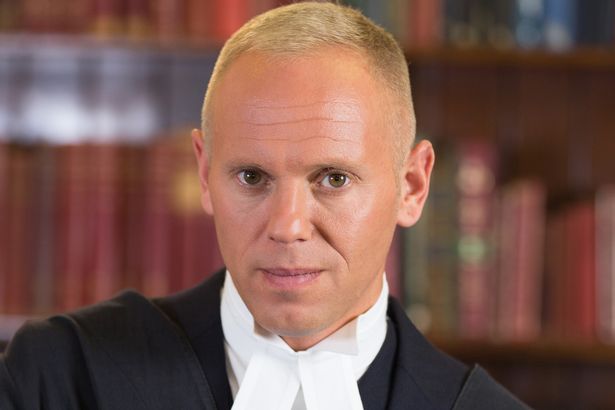By David Young-
Lawyers must be prepared to use the gift of social media to respond to unjustified government attacks , according to a government judge.
Speaking at Legal Action Group’s housing law conference today, Robert Rinder, the amusing but no none sense ITV daytime show host , delivered a speech encouraging lawyers to use social media platforms to respond to any unjustified attacks from the government.
In response to a question of how lawyers can do to improve public understanding about their role and the role of the courts.
Rinder replied: ‘One of the difficulties is there is a common law tradition where judges do not do interviews. We do not exist in the public sphere to defend ourselves because the answer is in the judgment.’
He said the that was ‘functionable and workable’, he said. But ‘we now live in an age of social media that enables the government, as seen in the last 48 hours, to cynically attempt to create legislation they know is going to fail, they know it’s not likely to be lawful, they know they’re not going to succeed…because lawyers do not defend themselves publicly and do not know how best to reach into the community, and they will always have the scapegoating of lawyers when things go wrong.’
Rinder called for a more sophisticated, organized social media strategy to highlight what happens after legislation is passed. For instance, the government’s controversial legal aid cuts left ‘great big black spots across the country’. He promoted the idea of having a strong and effective legal and communication team.
‘We need a joined-up strategy across all of the professional organizations – the Bar Council, Law Society, NGOs. Where it appears that the lawyers are being scapegoated as the reason for what on the face of it is unlawful legislation, the rights of individuals’ access to justice is being removed, we need a collective strategy where we can use this gift of the platform of social media, have statements ready and simultaneously send them out.’
Judge Jinder’s comments were in response to the Prime minister Boris Johnson last week criticized lawyers who he said were attempting to undermine the Home Office’s immigration policy. He told a Cabinet meeting that ‘what the criminal gangs are doing and what those who effectively are abetting the work of the criminal gangs are doing is undermining people’s confidence [and] general acceptance of immigration’.
The Law Society and Bar Council responded with a joint statement urging the prime minister to stop attacking legal professionals ‘who are simply doing their jobs’.
The Uk government has long frowned against lawyers using their legal profession to challenge its policies, particularly those related to some of its laws on immigration.
The government is moving towards abolishing the Human Rights Act which makes the rulings of domestic court subservient to that of the European Courts Of Human Rights(ECHR)
Johnson’s government wants British judges to have the final say on how laws are interpreted, without being overruled by judges in other jurisdictions.
The desirable autonomy over Britain’s own laws is clear and understandable, but problematic for those who accuse the government of trying to run a potential dictatorship where it can rap judges round its stern fingers. Uk judges are usually independent, but as the different tiers permitting challenge to disputed judgements shows, courts can systematically make errors, right to the top.
Not many governments want an outside force to determine the application of its own laws, one reason the desire to keep or discard of the ECHR remains debatable.

